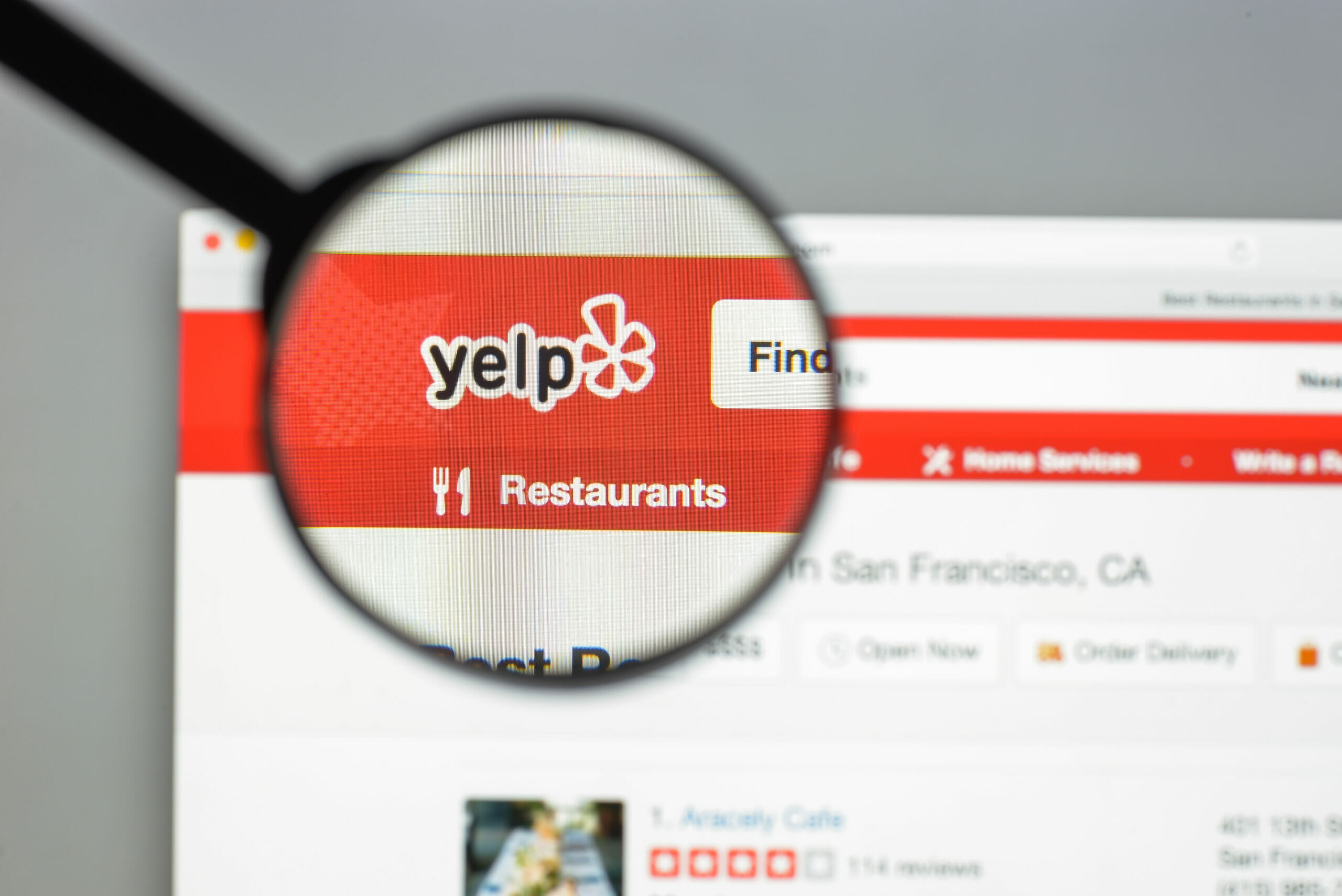With a dreamy view of the corporate world, I earned a degree in business and technology in 2003 hoping that I would be a successful leader someday. However, over time I found myself stuck as a software test engineer. I would test the product, and wonder why we built what we built, and felt that most product decisions made no clear sense to me. I felt helpless without understanding the big picture of product or strategy decisions. All my questions led me to product managers who were people with high-profile Business School degrees. In 2010, I also had the opportunity, but I couldn’t afford a Business school degree which meant not following a well-trodden path to product management. In 2017, seven years later, I finally got an accidental opportunity to become a product manager.
Today, in 2024, I am a self-taught product leader who is chosen to solve hard problems, getting clarity and results in muddled ambiguous situations. I make sure that my teams know the "why". Over the years, I have worked my way through cultural, gender and personal barriers to become the product leader that I am. This is my story of a relentless journey that keeps me grounded, hopeful, and has helped me heal from numerous personal struggles.
In March 2010, somewhere in Cardiff in a 3x3 square feet room with a window, I got a phone call from Milan, Italy. The call was from SDA Bocconi School of Management. A telephone interview that lasted about an hour or such. I spoke with passion painting a picture of why I deserve a seat. A few days later, I received an offer to join the MBA programme. Whilst an incredible, unexpectedly wholesome news - I was in no position to pursue that dream. There was no way for me to finance a two-year full-time degree and stay in Italy. I needed at least £60,000 to pay for tuition fees and to survive initially without work if need be. I was new to the UK. I was yet to get a job. Without any credit history in the UK, an education loan was out of the question. I had no backup back home in India either. I declined the offer. Soon after, I also declined a software testing job based in Cardiff at a company called confused.com.
The irony was evident. In the month of May, I moved to London for another software testing role because it paid more. At a superficial level, everything was great. I was overseas with a job that paid decent money. Internally though, I was lonely. I was dealing with conflict at levels that were beyond reach to me. The cultural differences, a sense of longing that you feel after leaving your home country, my naivety that was often perceived as obnoxious confidence, and a painfully strong sense of perseverance without self-preservation wasn’t what I was emotionally prepared for. I found myself overcompensating, withdrawing, and battling insecurities in self-destructive ways.
Within the first four months of my new job, I faced sexual harassment. A colleague who used to sit right in front of me and worked closely with me on a daily basis was matched to compete with me in a table tennis tournament at work. During our match, he asked me if I had slept with anyone other than Indian men and if I hadn’t, why not give it a try with him. I froze. He tried apologizing by coming closer to hug me. I put the bat on the table and left the room. This was caught on company CCTV but nobody cared. Nothing came out of my conversation with HR because my colleague hadn’t actually done anything of a sexual nature with me. I was now a liability. I would sit every single day right in front of this person and do my job. I avoided going for lunch so that he and I wouldn’t bump into each other. I started interviewing again. I couldn’t secure an offer. It got to a point that I could not sleep anymore. After staying awake one whole night, I wrote my resignation at 5am and quit by giving one week’s notice. It took me nine months to find another job in February 2012.
Unfortunately, I ran into exactly the same scenario. But this time, I decided to stay put, to my detriment. I did my job incredibly well, but I did not know how to protect myself. I did not know how to embrace, appreciate, or maintain a safe distance from an alcohol-fueled work culture. The next three years were a living hell for me, both professionally and personally. In the end, I quit my job in 2015. Why? Because I wanted to be a product manager and this wasn’t the place where it was going to happen.
What could I have done, instead? If you are reading this, please do not make the mistakes that I made out of naivety, and due to the circumstances that I found myself in. Protect yourself. Educate yourself about your rights as a worker in your country and exercise them safely. When leaving India in 2010, I had no actionable plan whatsoever. I moved from one country to another without researching the cultural differences or nuance. In the UK, I did not learn about my rights as a worker. I thought I was alone and the only way to survive was either fight or flight. Also, a company where I was neither valued nor respected wasn’t going to offer me a product management role. I could have networked within the industry, sought a mentor, or studied through training on my own but I didn’t. I expected leadership to offer a significant role to a frustrated employee. It was an unrealistic expectation on my part that was never going to materialise.
In January 2016, I was on the verge of a mental breakdown. I had three weeks left to leave my rented flat in London because the landlord had decided to sell it. I had no place to go. My bank balance had shrunk. I was unemployed for nearly nine months. I was either too inexperienced, too experienced, or too late to join the hiring process. I was contemplating going back to India, but there was one thread of hope. I had secured an unconditional offer for an M.A. in Screenwriting at Birkbeck, University of London, which I was determined to pursue. It was a two-year full-time evening course which would allow me to also work full-time. I just needed a job. Any job. From wanting to be a product manager, I was now humbled, and accepted that maybe it wasn’t for me.
What I did not share up until now is that I actually loved writing. Writing was my one and only passion until I had suddenly started painting out of the blue in 2014, and got selected for the Royal Arts Academy’s 2015 Summer Exhibition. That little spike of success was also a catalyst in me quitting my previous job. I didn’t get to exhibit my artwork at the Summer Exhibition, but hitting rock bottom meant I had nothing more to lose. Well, I did: money. I still had money to lose.
In February 2016, I managed to find another flat in the same building where I lived. Since I did not have a job yet, I had to pay six months rent in advance to prove that I wasn’t someone who would cause trouble later. That money that I told you about, that was diminishing real quick. I also had less space which meant I had to give up at least 40 paintings. Some were life-size canvases that I abandoned where the building's trash bins were kept.
In March 2016, I got an offer in software testing again. It was less money than I used to earn, but I accepted it. I was going to start in a week’s time. However, out of nowhere, I got a call from a recruiter who insisted that I should come and meet this CTO, who was impressed by my CV. I refused and explained the situation that I had an offer that I had accepted. The recruiter called again. I do not know why but I decided to meet the CTO. During that interview itself, I was given a signed contract and a higher offer. I felt hopeful for my future and grateful towards both the CTO and the CEO.
From a software test engineer role, I had now made a jump to a Head of QA role. I joined the company at an interesting time when it was recovering from a considerable failure to scale on-demand for its customers. My experience in SaaS was relevant as I was used to testing a highly scalable cloud security service that promised and delivered on an uptime of 99.999%.
In the coming months, I was instrumental in delivering a new scalable private cloud offering. I was trusted for the quality and thoroughness of my work. And, I was valued by both the CEO and CTO. I had gone from a toxic experience to feeling safe and supported. A familiar feeling that I used to feel back in India, and yet, sometimes, when in unfamiliar situations I was hesitant and too vigilant due to what I experienced previously in the London tech scene.
One year later, in April 2017, in a reverse acquisition, we acquired the market leader in our domain. During the merger, my then CTO offered me a product management role. He himself was going to move from a CTO role to a Chief Infrastructure Officer role, and given my contribution as a Head of QA in delivering a resilient, scalable, and reliable SaaS offering, supporting him in the new setting as a Product Manager made sense.
This time, I took ownership and learned the craft on my own. I spent weekends doing product management training, reading books, using my creativity where I could. I accepted every opportunity that I got with an open mind. Hiring and helping build a team of talented infrastructure engineers who introduced infrastructure as code, optimizing cost while ensuring we could scale without impacting customer experience, using creativity and open collaboration to showcase what our cloud operations and cloud infrastructure teams achieved every month. We achieved results, consistently.
My craft was still rough on the edges but I was learning something new every single day. Over the years, there were changes in the executive team. I did not know how to exploit opportunities that were coming my way organically, but from leaders that I hadn’t known well enough. I hesitated to seek new partnerships because I did not know how to do so quickly and effectively. Due to changes around the company that were beyond my control, I grew resentful. In 2020, I left for a product role in another company. During that time, I did complete my M.A. in Screenwriting with first-class honours and paid for it all from my pocket. September 2016 to September 2018 remain the happiest & most fulfilling years of my life to date. I made friends who stand by me. I am not alone anymore. From February 2020 to May 2023, I worked at four different companies and they all solved complex problems in the core tech space. I saw all the lows and highs. For the first time in my career, someone cared enough to give me actionable feedback and recommended that I read the book Radical Candor. Learnings from Kim Scott’s work helped me refine my communication skills and how I built camaraderie with my fellow colleagues. I also quit a toxic work culture that didn't work for me, this time, I did that on my terms by finding a better role. I then got the opportunity to work with some of the smartest people in the open-source and k8s world. The pandemic also took me through a round of layoffs which helped me get back into writing (I talk about that experience he§re on my Substack).
As a product leader, influence is one of the key skills you will need to deliver results that matter. Also, emotional resilience that can withstand rapid change will help you grow as your organization scales. During my first stint as a product manager, I did not know how to ask for help. I did not know how to build and leverage relationships. I did not know how to invest in relationships that matter for delivering high impact. Unless I could trust someone instinctively, I remained distant, fearful, and closed to building rapport (due to previous painful experiences). I had multiple opportunities where I could have built relationships and extended my influence beyond the product area that I led. However, I was not ready to confront my fears at that time. It took me four years, four job changes, reading about leadership, specifically women in leadership, and working with leaders and coaches who provided selfless guidance, that I am now on a path to recovery which is showing results.
On a practical note, what I have observed, experienced, and now also read about in Hardball For Women is that oftentimes women tend to invest in, but not leverage, the power of relationships. Women may shy away from using a relationship for their own growth, whereas men may be more open to competing, yet still staying connected. I am still on this journey, but I have come a long way. If you are a woman who feels lost in the labyrinth, please know that it is okay to feel so. To quote HBR, passage through a labyrinth is not simple or direct, but requires persistence, awareness of one’s progress, and a careful analysis of the puzzles that lie ahead. If you would take three things away from my story:
1. Prioritise long-term impact. Cultivate self-awareness to accept and address personal or professional shortcomings that hold you back.
2. Build, leverage, and invest in relationships that matter for your growth. Surround yourself with people who will give you actionable feedback and recognise your strengths.
3. It is okay to be selfish and competitive. Invest in yourself. Self-preservation is as important as perseverance to succeed.
Present Day
Now I work at a company that I aspired to join in 2019. As a product leader, I am trusted to lead high-risk, high-impact opportunities and solve ambiguous problems. I have a strong support network, people who care for me personally but also challenge me directly when needed. Resourcefulness is one of my strengths now. Today, I have firm ground to stand on. I am slowly learning to dream again. My story is yet to be fully told.









Comments
Join the community
Sign up for free to share your thoughts